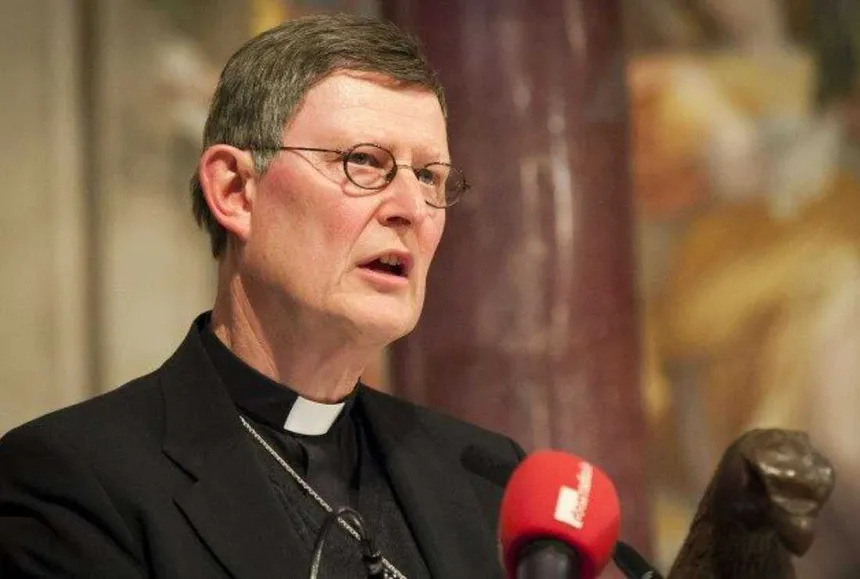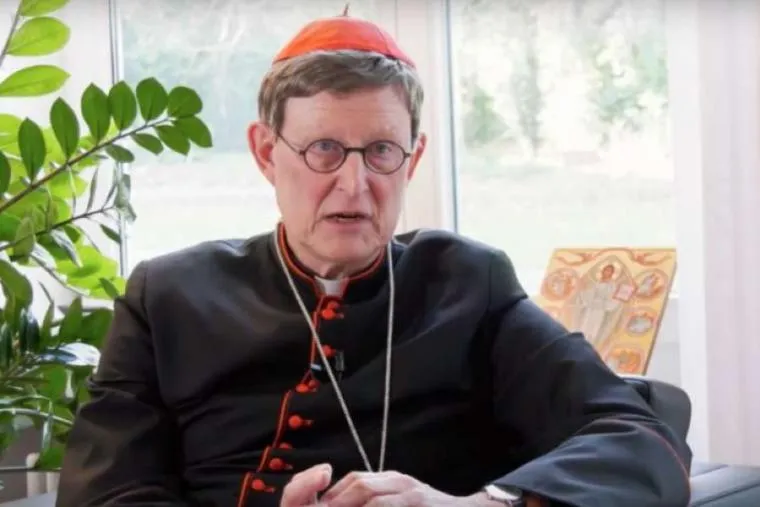In a bold protest against the conservative Archbishop Rainer Maria Woelki, a group of Catholic priests in Cologne, Germany, conducted a public blessing ceremony for same-sex couples outside Cologne Cathedral. This move was a response to the archdiocese’s criticism of a priest who had previously conducted a similar ceremony, which was subsequently reprimanded and told that the Vatican does not allow blessings for same-sex couples. The ceremony was attended by several hundred people, including same-sex and heterosexual couples, who sang the Beatles’ hit “All You Need Is Love” and waved rainbow flags.
The blessing ceremony was seen as an important symbol of recognition and acceptance of same-sex couples in the Roman Catholic Church, according to Germany’s LGBT+ commissioner, Sven Lehmann. Lehmann stated that the church’s grassroots are driving the change, while Archbishop Woelki and the Vatican are lagging behind social reality.
This event is part of a larger crisis of confidence in the Cologne archdiocese, which began in 2020 when Archbishop Woelki failed to release a report on how local church officials handled cases of clerical sexual abuse. The report, published in March 2021, found 75 cases of high-ranking officials neglecting their duties but absolved Archbishop Woelki of any responsibility.
A second report led Pope Francis to impose a “spiritual timeout” on Archbishop Woelki, and the cardinal subsequently offered to resign, which has yet to be acted upon. This ongoing crisis has led to a loss of confidence in Archbishop Woelki among many Catholic believers, who are disillusioned with his handling of the abuse cases.

Cardinal Rainer Maria Woelki (Via Cardinal Rainer Maria Woelki/Twitter)
Germany’s Catholic Church has been trying to reform itself in response to the abuse scandals, but the Vatican has been resistant to some of the proposed changes, fearing they will split the church. The reform process has also been frustrated by the lack of transparency and accountability from church leaders.
Despite the resistance from some quarters, progressive Catholics in Germany continued to push for change. The public blessing ceremony is one example of this push for greater inclusivity and acceptance, and it marks a significant departure from the traditional teachings of the Roman Catholic Church.
As the debate rages on, it remains to be seen how the Vatican will respond to these demands for change. Will the church continue to resist the calls for greater acceptance and inclusivity, or will it begin to move towards a more progressive stance on issues such as same-sex marriage and equality? Only time will tell.

